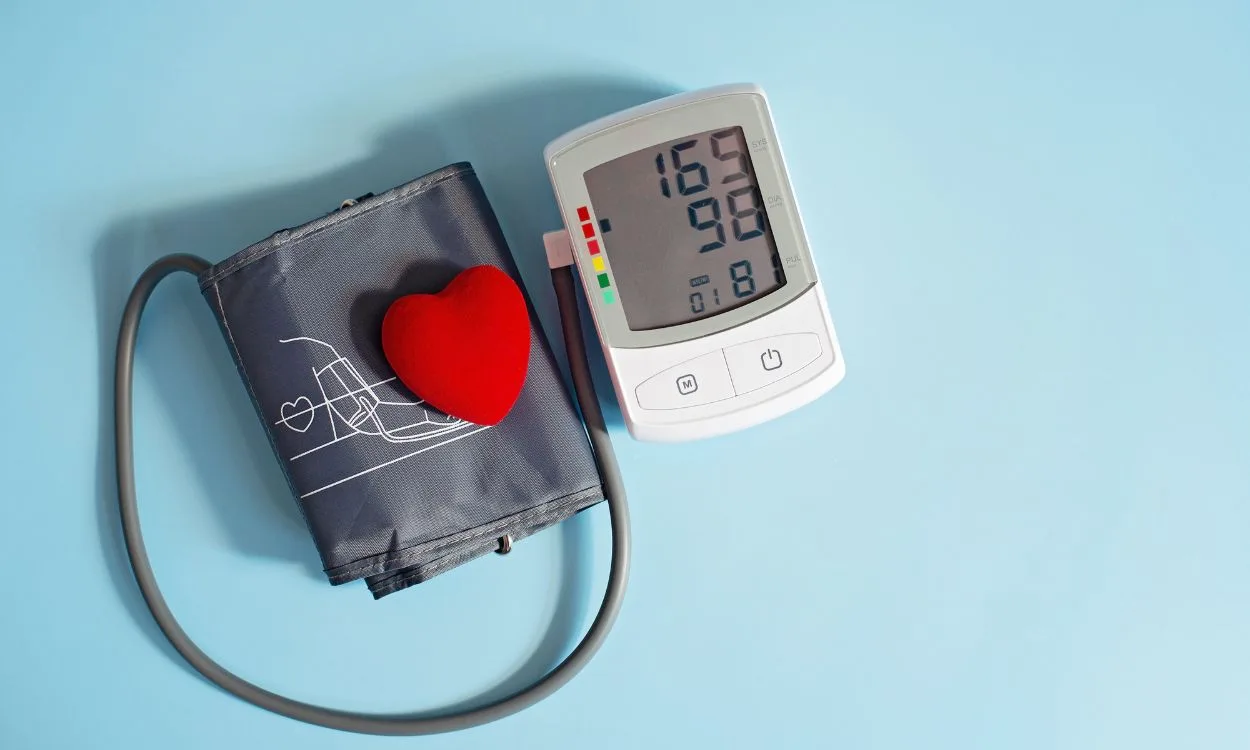What are the lifestyle factors that can increase the risk of hypertension?
Hypertension, also known as high blood pressure, is a serious condition that affects a significant portion of the Indian population. It is a major risk factor for various health problems, including heart disease, stroke, and kidney disease. While there are several factors that can contribute to the development of hypertension, lifestyle choices play a significant role. In this article, we will explore the lifestyle factors that can increase the risk of hypertension and provide valuable insights on how to manage and prevent this condition.
Sedentary Lifestyle
- Lack of physical activity: Leading a sedentary lifestyle with little to no physical activity can increase the risk of hypertension. Inactive individuals are more likely to have higher blood pressure levels than those who engage in regular exercise.
- Prolonged sitting: Spending long hours sitting, whether at work or during leisure time, can contribute to hypertension. Extended periods of sitting without breaks for movement can negatively impact blood pressure regulation.
Unhealthy Diet
- Excessive sodium intake: Consuming a diet high in sodium can lead to fluid retention and increase blood pressure. Processed and packaged foods, such as chips, canned soups, and fast food, are typically high in sodium.
- Low potassium intake: Potassium helps regulate blood pressure by balancing the effects of sodium. A diet lacking in potassium-rich foods, such as fruits, vegetables, and legumes, may contribute to hypertension.
- High intake of saturated and trans fats: Consuming foods high in saturated and trans fats, such as fried foods, processed snacks, and fatty meats, can increase the risk of developing hypertension.
- Excessive alcohol consumption: Drinking alcohol in excess can raise blood pressure and increase the risk of hypertension. It is recommended to limit alcohol intake to moderate levels (up to one drink per day for women and up to two drinks per day for men).
Obesity and Body Weight
- Overweight and obesity: Being overweight or obese significantly increases the risk of developing hypertension. Excess body weight puts additional strain on the heart and blood vessels, leading to elevated blood pressure levels.
- Central obesity: Accumulation of fat around the waist (central obesity) is particularly linked to hypertension. This type of fat distribution is associated with insulin resistance and an increased risk of developing other metabolic disorders.
Smoking and Tobacco Use
- Cigarette smoking: Smoking cigarettes and exposure to secondhand smoke can cause a temporary increase in blood pressure and damage the lining of blood vessels, contributing to the development of hypertension.
- Tobacco use: Other forms of tobacco use, including smokeless tobacco and chewing tobacco, have also been associated with an increased risk of hypertension.
Chronic Stress
- Psychological stress: Chronic stress can lead to the release of stress hormones that elevate blood pressure. Prolonged exposure to stressors, such as work-related stress, relationship issues, or financial worries, can contribute to hypertension.
- Coping mechanisms: Unhealthy coping mechanisms for stress, such as overeating, excessive alcohol consumption, or smoking, can further exacerbate the risk of hypertension.
Sleep Disorders
- Sleep apnea: Obstructive sleep apnea, a sleep disorder characterized by interrupted breathing during sleep, has been strongly associated with hypertension. The repeated episodes of oxygen deprivation can lead to elevated blood pressure levels.
- Poor sleep quality: Chronic inadequate sleep or poor sleep quality can disrupt normal blood pressure regulation, leading to higher blood pressure levels.
Now that we have explored the lifestyle factors that can increase the risk of hypertension, it is important to understand the significance of preventive measures and effective management strategies. While lifestyle modifications can play a crucial role in managing hypertension, it is also essential to seek professional medical advice and treatment.
At Fitpaa, we are dedicated to helping individuals achieve their health and fitness goals, including managing hypertension. Our holistic approach combines the latest research in Lifestyle Medicine and Behavioral Therapy to provide personalized guidance and support. With the help of our AI-driven Metabolism Monitoring and Management technology, we aim to optimize overall health and well-being.
Download the Fitpaa app today to embark on a transformative journey towards a healthier life. Our team of expert fitness coaches, nutritionists, and doctors will work closely with you to create a personalized Fitpaa Capsule. This all-in-one health and fitness plan, tailored to your metabolism, goals, and lifestyle, will help you achieve your health and fitness goals with a 100% guarantee. Let us guide you towards a fulfilling and vibrant life, one step at a time.
Remember, your well-being is our mission. Start your Fitpaa journey today!









